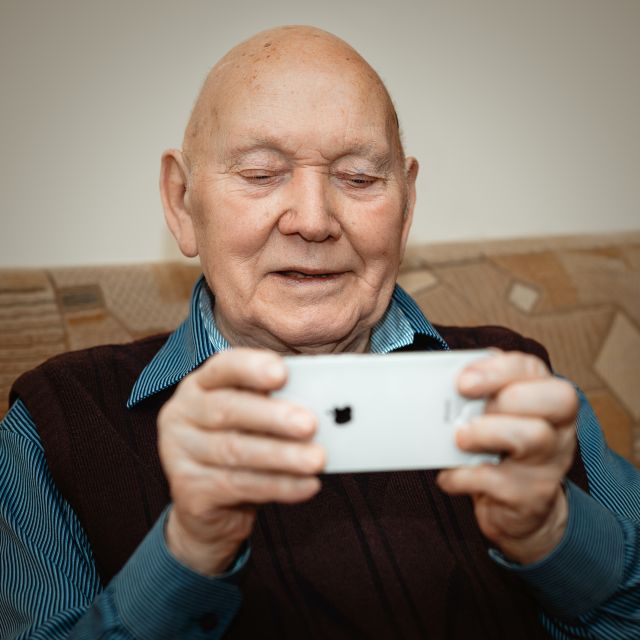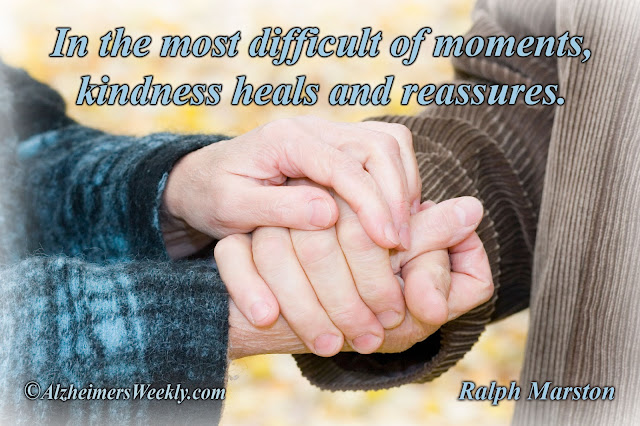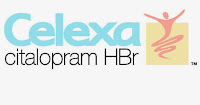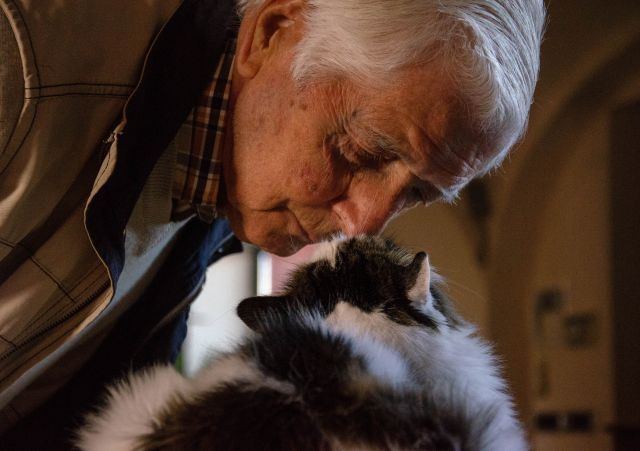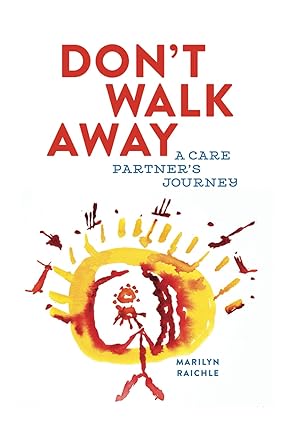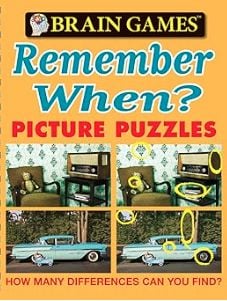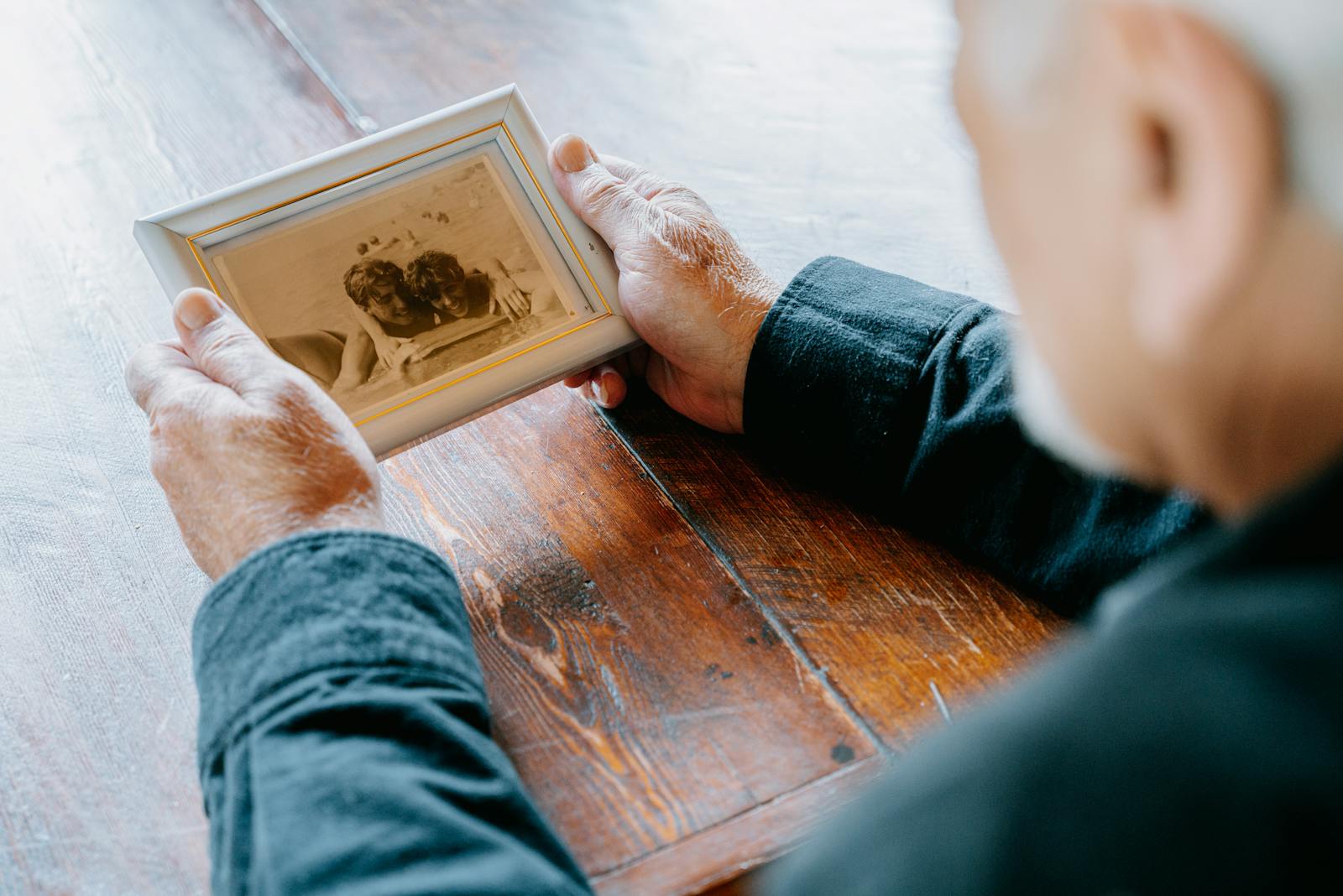
Alzheimer’s Patient Sees Improvement After Lifestyle Changes
CNN: Mike Carver got Alzheimer’s. His wife enrolled him in a clinical trial by the famous Dr. Ornish. After 40 weeks, all four of Mike’s cognitive tests improved. See CNN’s interview. Read trial details.









